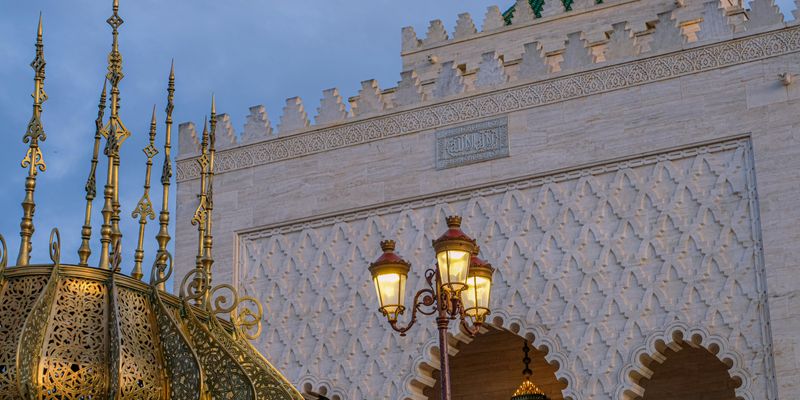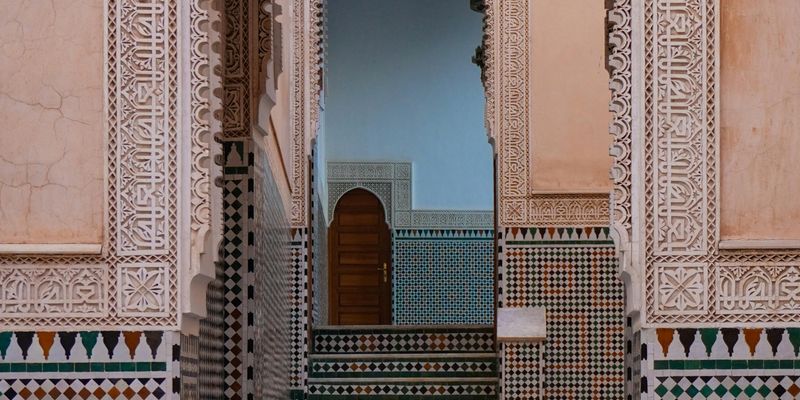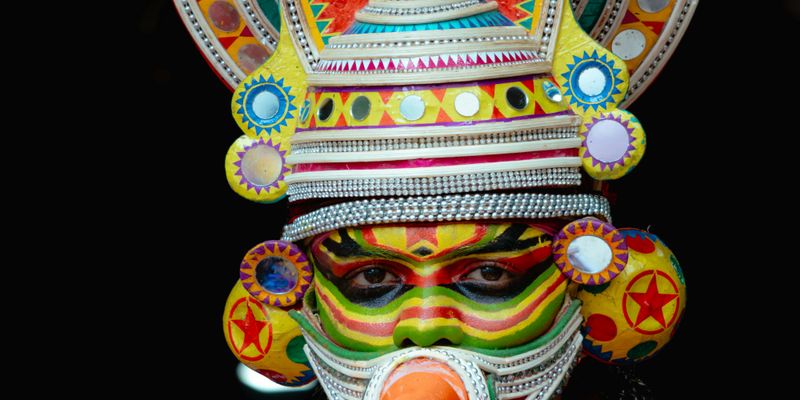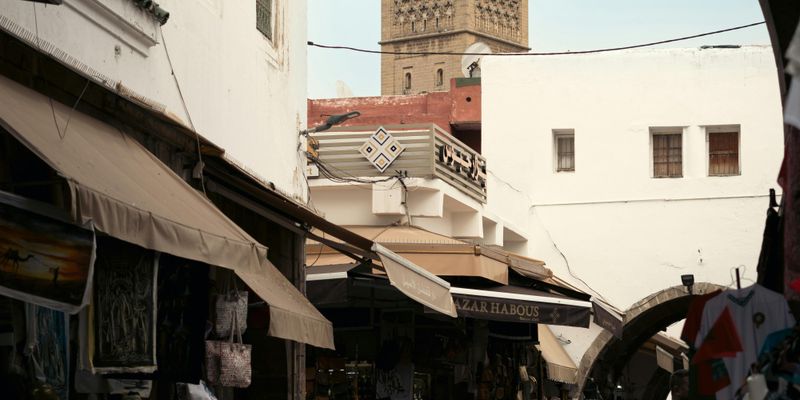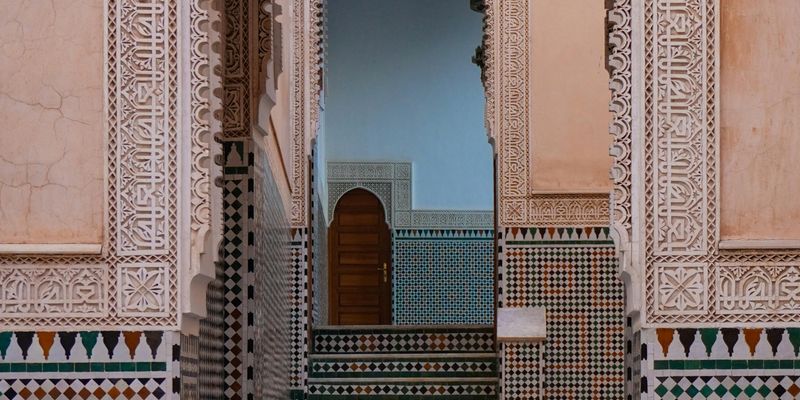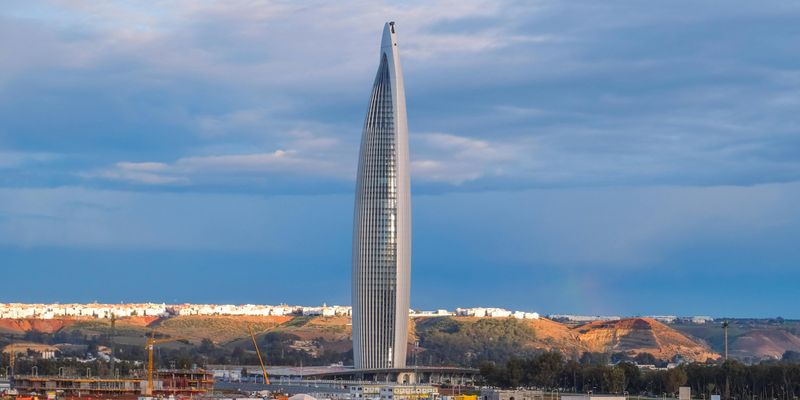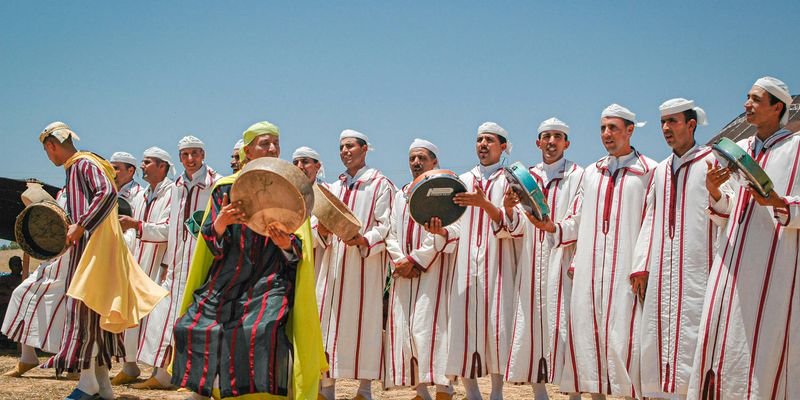
Why Music in Morocco is a Gateway to the Soul of Its Culture
Morocco, with its breathtaking landscapes and vibrant cities, is often known for its food, architecture, and hospitality. However, the essence of Moroccan identity is perhaps best expressed through its music—a vivid tapestry woven from the threads of its Berber, Arab, and sub-Saharan roots.
The Rhythm of Diversity
To understand the music of Morocco is to understand its cultural diversity. There are distinct musical traditions found in each region, from the haunting sounds of the oud (a traditional string instrument) in the north to the rhythmic beats of the guembri (a three-stringed bass) that you might hear in the desert. Each genre tells a story of its origin, reflecting the lifestyle and traditions of its people.
For example, the rhythmic, heart-pounding beats of the gnawa music, which originated from the sub-Saharan African slaves brought to Morocco, often carry spiritual undertones, intertwining physical movement with mysticism. I remember attending a gnawa concert in Essaouira, where the energy was palpable. The audience swayed, clapped, and even danced along—a beautiful communal experience exemplifying how music connects us.
Music as a Celebration of Life
Music in Morocco is more than just notes and chords; it is an integral part of festivals, weddings, and rituals. One of my fondest memories is attending a traditional Moroccan wedding, where the couple was serenaded with a lovely medley of traditional songs accompanied by vibrant music. The women formed a circle, swaying to the melodies, their voices rising in a harmonious blend that filled the space with joy. The chaabi style—a blend of popular and traditional music—often rings out at such events, inviting guests to join in the celebration.
Fusion and Innovation
Today, Moroccan music continues to evolve, blending age-old traditions with modern influences. Artists like Oum and Hindi Zahra are redefining Moroccan music by infusing pop, jazz, and soul into their work while retaining the essence of their roots. This fusion reflects a young, dynamic Morocco that respects its past but is also looking toward the future.
At a recent concert in Marrakech, I was mesmerized by the way bespectacled youth, dressed in contemporary garb, were singing along to the fusion of mazmoureh beats with electronic sounds. It made me realize that music in Morocco serves not just as entertainment but also as a statement of identity and creativity.
A Journey of the Heart
The music of Morocco invites everyone into a world of rich stories and deep emotions. Whether you find yourself in the narrow alleys of Fez, listening to mesmerizing malhoun poetry, or in the bustling souks of Marrakech, where street performers showcase their talents, the melodies will resonate in your heart.
So, if you ever find yourself in Morocco, let the music guide your journey. Embrace the beats, join in the celebrations, and let the sounds of the country resonate with your very soul. Discovering Moroccan music will not only enhance your experience but will also offer a window into the vibrant culture and the warm hearts of its people.
Conclusion
Music in Morocco is not just an art form; it is a reflection of life itself, a mirror of society, and a language that knows no boundaries. Through its diverse genres, music serves as the ultimate gateway into the soul of Moroccan culture—an invitation to explore, connect, and celebrate the richness that this unique country offers.
